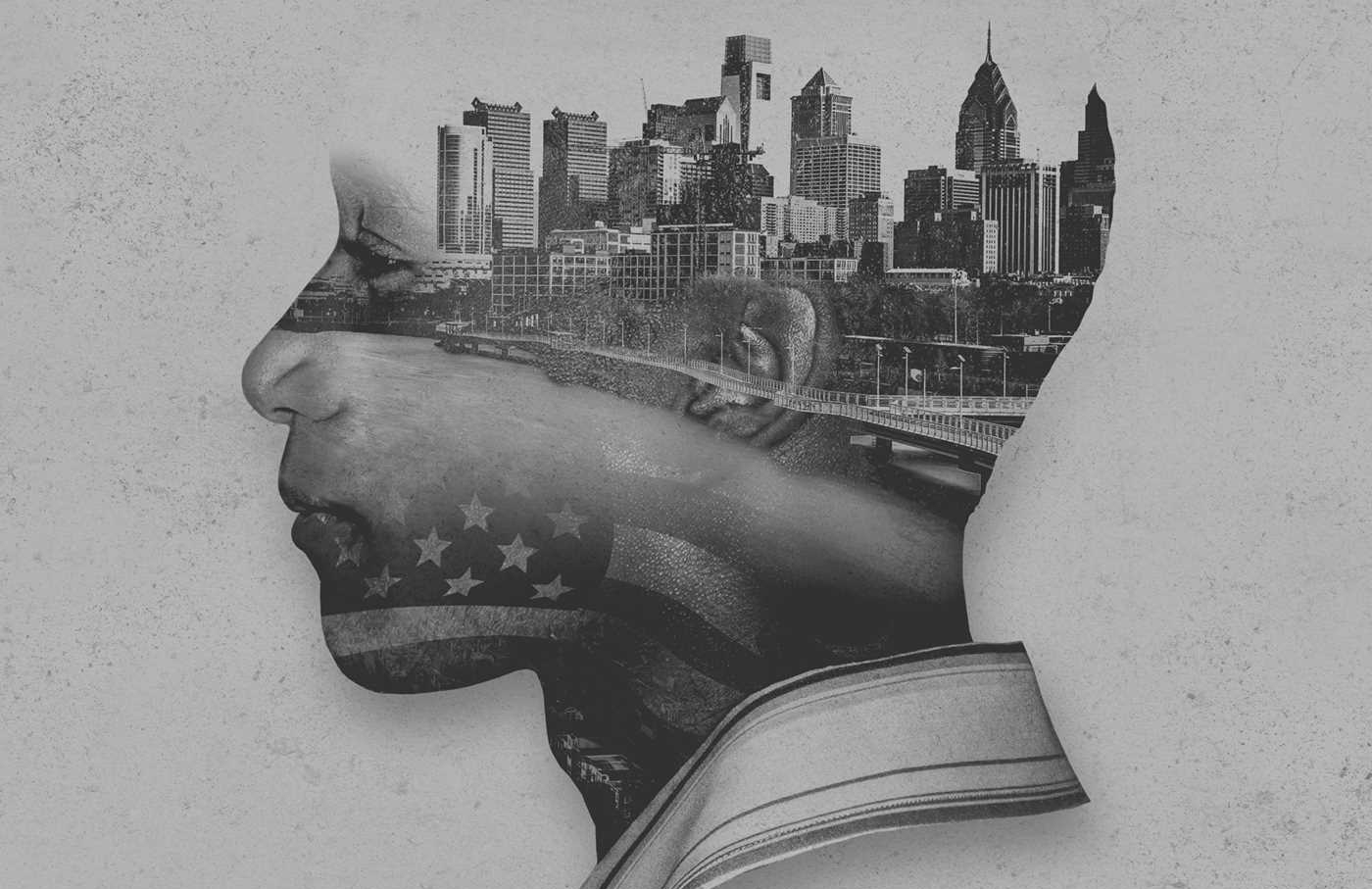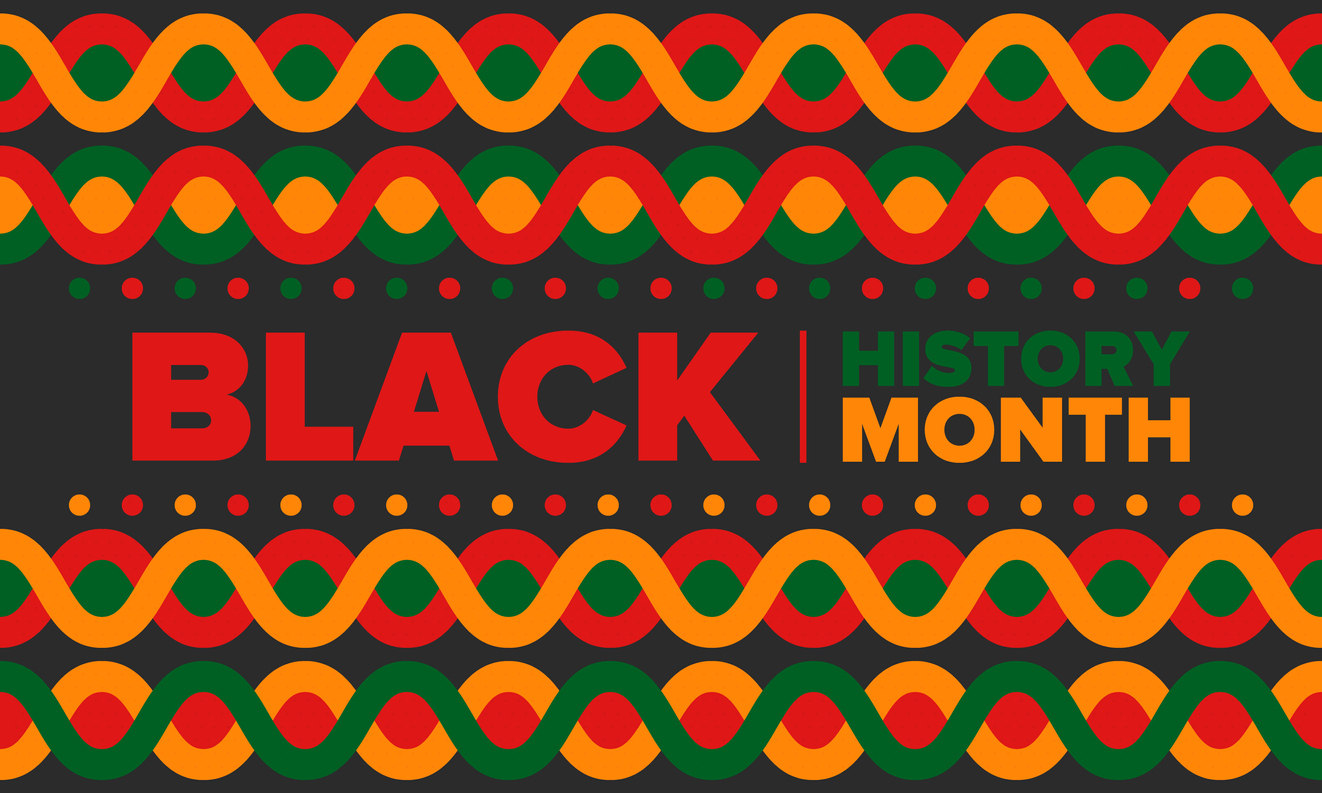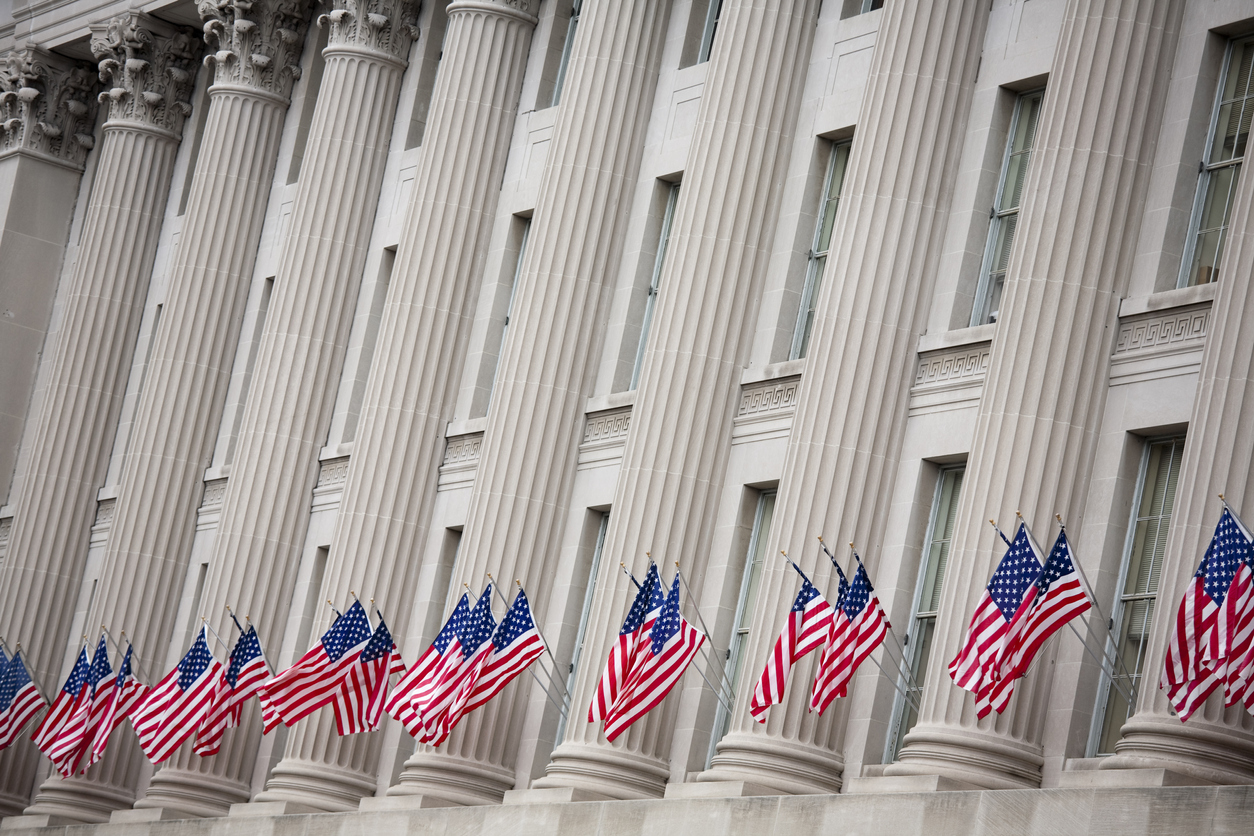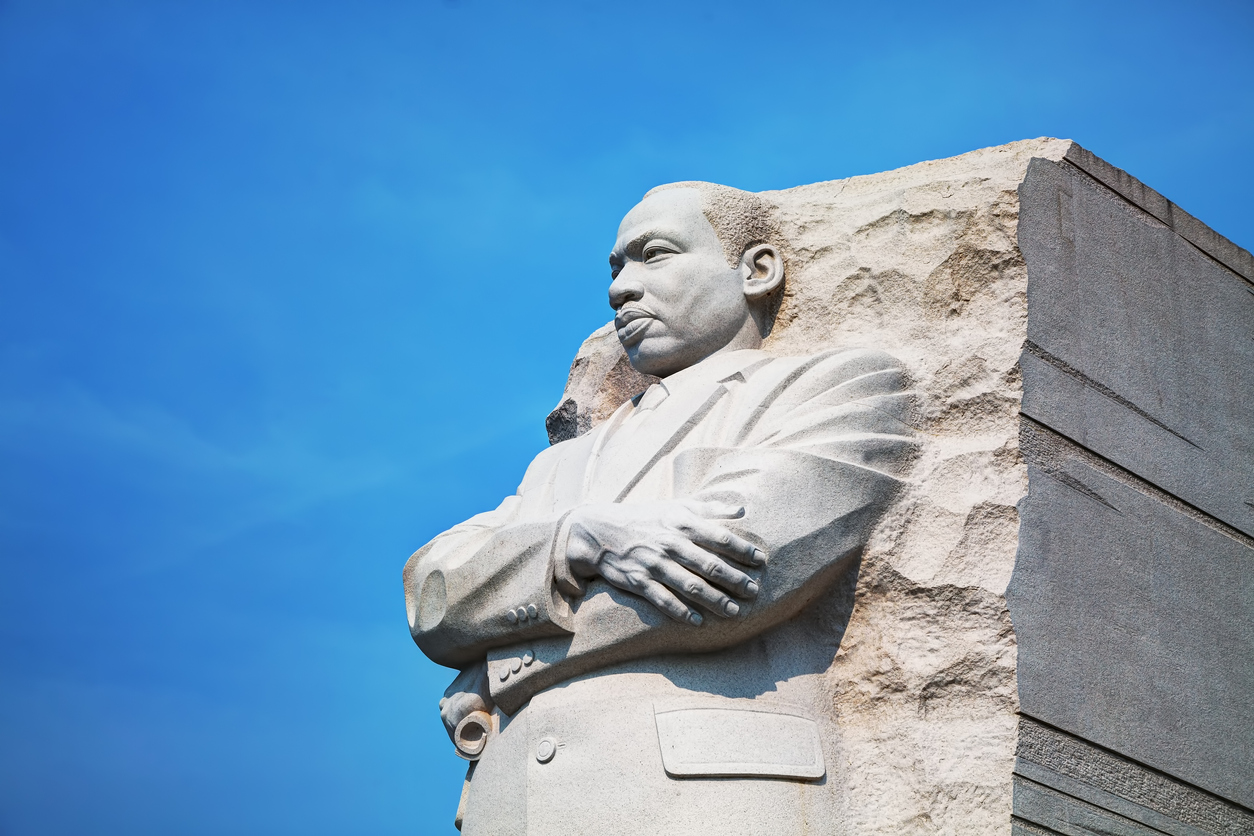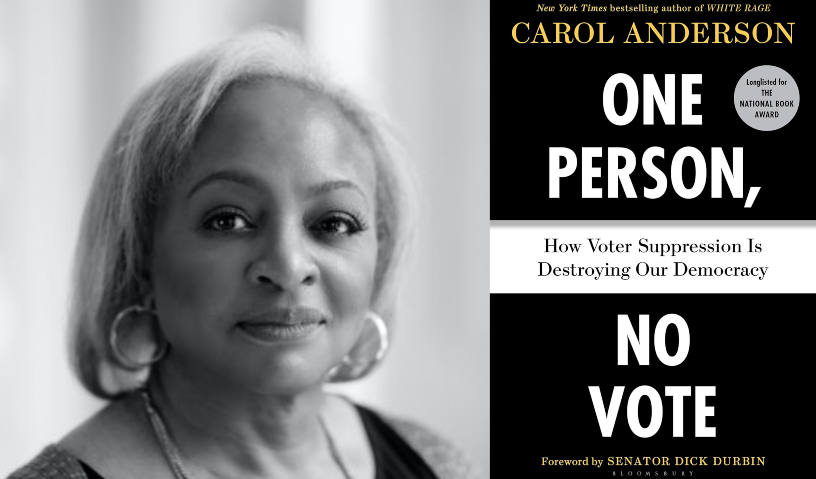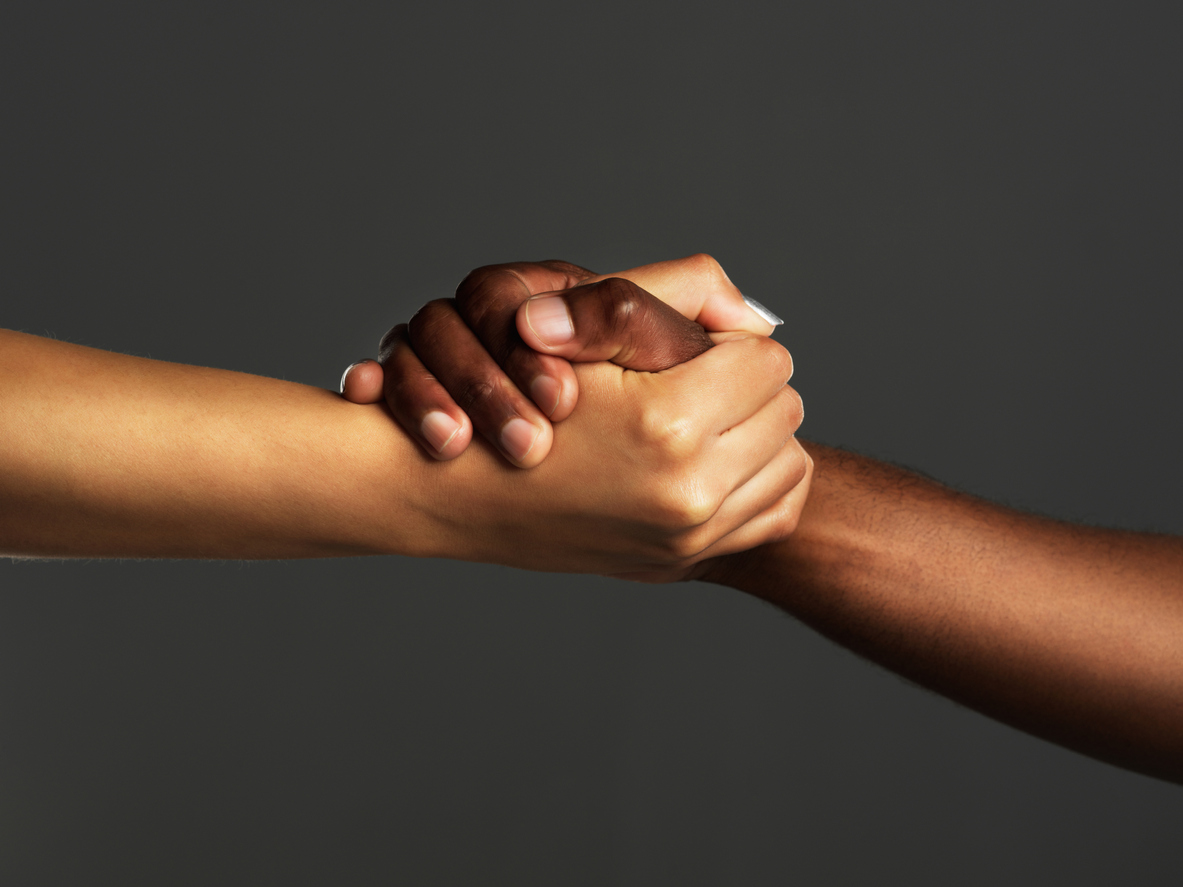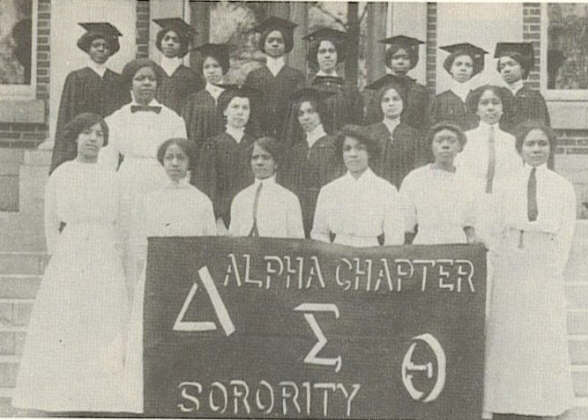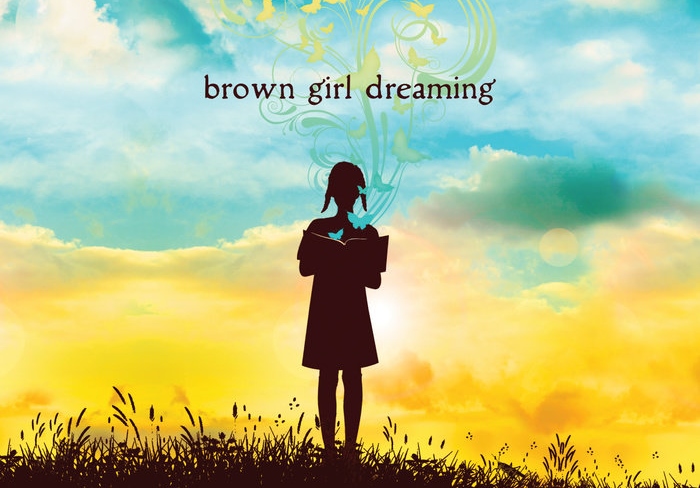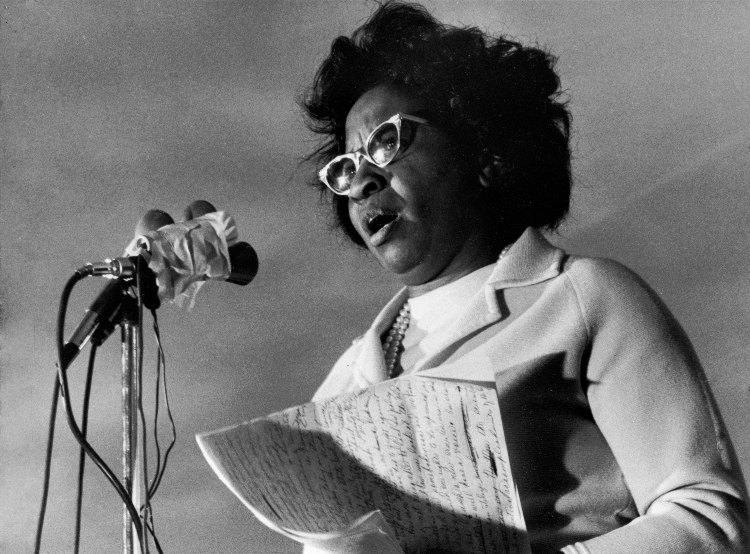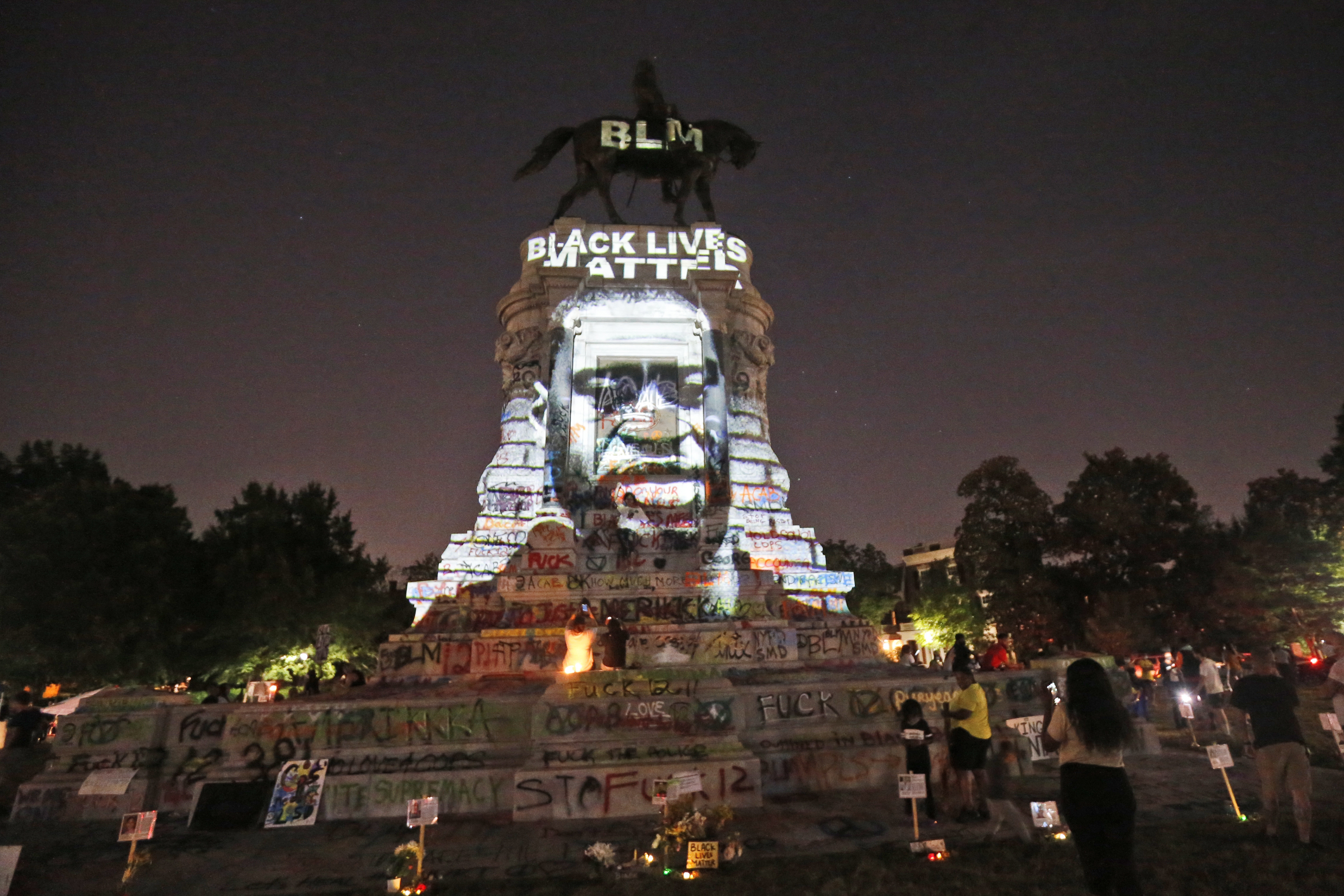Black History Month will soon begin and, after a history-making twelve months, we have an opportunity to expand our understanding of what Black history is and how we teach it in the classroom.
We believe at Facing History that Black history is American history and that all educators have the responsibility to teach it well all year. But in these times of rapid, profound change and always-on news cycles, it can be difficult to know where to start. The enhanced focus on Black history that accompanies Black History Month each February is an opportunity to commit or recommit to learning and teaching Black history and contemporary issues, regardless of one’s starting point as an educator.
Topics: American History, Black History
Inauguration Day 2021: A Turning Point for the Ages
Posted by Facing History and Ourselves on January 19, 2021
As we approach Inauguration Day on Wednesday, January 20th, we lie at the crossroads of progress and regress; of inclusive representative democracy and mob rule. With so much fear and uncertainty in the air, it is easy to forget the fact that we approach a significant national milestone this week.
Topics: American History, Black History
“Freedom is not won by a passive acceptance of suffering. Freedom is won by a struggle against suffering.
By this measure, Negroes have not yet paid the full price for freedom.
And whites have not yet faced the full cost of justice.”
―Dr. Martin Luther King Jr., Where Do We Go from Here: Chaos or Community?
Topics: American History, Black History
We recently sat down with Dr. Carol Anderson—professor, historian, and National Book Critics Circle Award winner—to discuss the history of the struggle for African Americans' voting rights, as well as its continuing relevance to racial justice and democracy. Dr. Anderson is the author of numerous books including One Person, No Vote: How Voter Suppression is Destroying Our Democracy. Below are excerpts from our conversation with Dr. Anderson, facilitated by Facing History’s Director of International Strategy, Dr. Karen Murphy.
Topics: Democracy, Voting Rights, American History, Black History
History As Our Guide: Understanding What Divides, and What Connects
Posted by Charles Thomas Lai FitzGibbon on August 31, 2020
We ended last school year in a time of unraveling. On May 25th, 2020, George Floyd was murdered under the knee of Derek Chauvin while three other police officers stood by as accomplices. We as educators rose to support and hold space for our students to process and situate this moment in its larger movement, in defense of Black lives, and in the mourning of so many others. A reckoning took hold on the conscience of the nation, and James Baldwin’s words rang loud and clear: “History is literally present in all that we do.” We each were personally called to face our own positionality, our own biases, and our own complicity in sustaining systemic oppression—a call that is and will be ongoing.
Topics: Racism, Black History, Asian American and Pacific Islander History
Women's Suffrage at 100: The Key Role of Black Sororities
Posted by Erika Henderson, Ed.D on August 17, 2020
Tuesday, August 18, 2020 marks the 100th anniversary of the ratification of the 19th Amendment to the U.S. Constitution. This amendment established women's suffrage for the first time, granting white women across the country the right to vote to the exclusion of non-white women. Yet the women's suffrage movement contained many more key players than this outcome suggests. Among them were African American luminaries like Mary Church Terrell and the scores of Black women who joined with her to demand equal rights.
In this interview, I had an opportunity to speak with Dr. Tara White, public historian and Professor of History at Wallace Community College in Selma, Alabama about the lesser-known role of Black sororities in the women’s suffrage movement in the United States. Here we discuss the origins and significance of Black sororities, as well as the continuing relevance of their struggles in the contemporary U.S.
Topics: Black History
The Black Lives Matter movement is working to create a more just and equitable society by pushing for systemic reforms and raising awareness of violence and racism against African Americans and other Black people worldwide. The name of the movement, Black Lives Matter, is simple and direct, yet radical in asserting that Black people, and their history and lived experiences past and present, be seen, heard and known. One way to learn more is to read broadly about Black lives. This list brings together a varied group of memoirs by African American and Black authors, each of which shares their unique journey and perspectives, and illustrates some of the diversity of the Black experience. Although many of the authors describe experiences with personal or systemic racism, it is important to note that all of the authors also touch upon their full range of human experiences, including joy, humor and fun.
Topics: Books, Reading List, Black History
Teaching to Transform: Dr. Karlos Hill on Educator-Activist Clara Luper
Posted by Kaitlin Smith on July 23, 2020
In a recent interview, I spoke with Dr. Karlos Hill concerning the life and legacy of educator-activist Clara Luper. Dr. Hill is Associate Professor and Chair of the Clara Luper Department of African and African American Studies at the University of Oklahoma where he teaches the history of racial violence in the U.S. He serves on the Facing History and Ourselves Board of Scholars. He is the author of Beyond the Rope: The Impact of Lynching on Black Culture and Memory, The Murder of Emmett Till: A Graphic History, as well as a forthcoming book entitled The Tulsa Race Massacre: A Photographic History. In 2023, Dr. Hill plans to publish a new edition of Clara Luper’s memoir Behold the Walls that chronicles the Oklahoma City Sit-In Movement. In this interview, we discuss the history of the Oklahoma City Sit-Ins and Clara Luper’s approach to teaching as an educator-activist. Luper was a history teacher at Dunjee High School in 1957 when she became an adviser to the Oklahoma City NAACP’s Youth Council. In that role, she helped to spark a desegregation movement that would sweep the country.
Topics: Teachers, Black History, student activism
What have our communities and nation chosen to memorialize and why? These are among the questions that Americans are grappling with in the midst of massive social upheaval and a growing list of instances in which protesters are removing or defacing monuments celebrating historical figures—monuments they feel celebrate racist legacies and signal an ongoing commitment to upholding racism. This wave of direct action has also spread to countries like England and Belgium as their populations reckon with the legacies of racism and colonialism in their own corners of the globe. Facing History invites educators to explore the following lessons on the contested meaning of monuments and historical symbols, as well as how new monuments and symbols have the potential to ground us in narratives that aid repair:
Topics: Memorials, Racism, Black History

